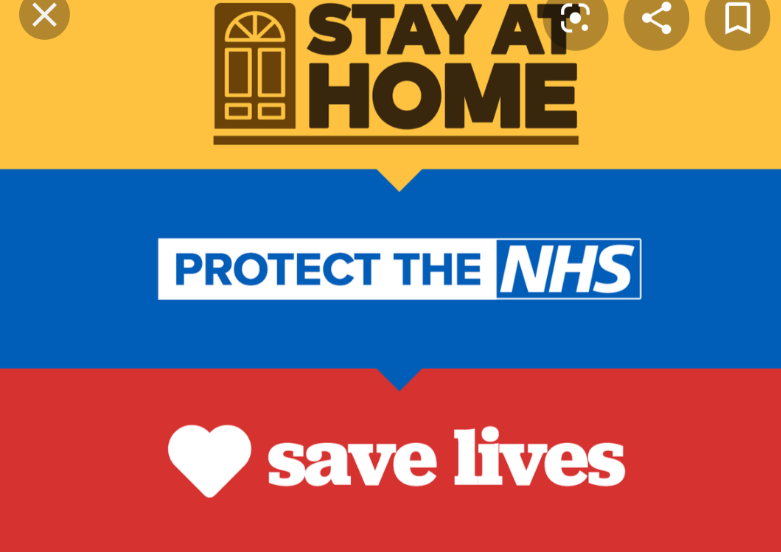
People have died or experienced serious harm after taking unapproved products to treat COVID-19. The CDC urge people not to take any treatment for COVID-19 without the recommendation of a healthcare professional. However, there is insufficient data on using vitamin C to treat COVID-19. There are ongoing studies to test whether high doses of vitamin C can counteract some of the excessive inflammatory responses that healthcare professionals see in those with severe or critical disease.

One 2020 study notes that high doses of intravenous vitamin C lessened the severity of COVID-19 in 50 patients in China.Įarlier research, including a 2019 meta-analysis, suggests vitamin C may reduce the length of time people spend in the intensive care unit. Learn more about the role of vitamin D and COVID-19 here.

However, this study was small, and there is insufficient data to support using vitamin D to treat or prevent COVID-19. Vitamin DĪ 2020 study found that when those who were deficient in vitamin D received a high dose of vitamin D supplementation, a greater population had no detectable SARS-CoV-2 RNA. There are some studies, but the results are conflicting. It is not clear at the moment whether supplements can improve the outcomes of people with COVID-19. Lie on the side and place a pillow under the torso and knees. Lie on the front of the body with your head turned to one side and the leg on the same side bent at 90 degrees.Ī person can support the leg with a pillow or blanket and place the arms wherever they feel most comfortable. Turn the arms out and up next to the head. Lie on the front of the body with the head turned to one side. Tuck both arms under the chest and shoulders.Ī person can also use additional pillows under the shins to provide support to the hamstrings and toes. There are four positions a person can try: Position one This then results in the air sacks being able to fully inflate. This is because lying on the front of the body can stop the heart and stomach from pressing down on the lungs. Some evidence suggests that lying on the stomach might help people get more oxygen.

If a person is feeling breathless, they should try to remain calm. If any of those conditions exist, seek emergency care.The NHS note that feeling breathless can be a sign of a more severe SARS-CoV-2 infection.
#INABILITY TO STAY AWAKE COVID SKIN#


 0 kommentar(er)
0 kommentar(er)
